Yes, it's coming up, the unofficial LGBTQ holiday, Halloween! I was looking online for more information about Halloween events going on next week, and I noticed that the famous Greenwich Village, New York City Halloween parade is now in its 46th year.
Pretty amazing, if one thinks what year it was 46 years ago: 1973. Thus, celebrating Halloween was part and parcel of the then young and militant gay liberation movement.
I remember seeing from a distance many years ago Chicago's own LGBTQ Halloween parade on Halsted Steet, and now the event has become “Haunted Halsted Halloweek and Parade,” running from Saturday, October 26 to the great day itself this year, and the day of the parade, Thursday, October 31.
Why am I essentially advertising the above events? Because I think, in tandem, Bijou Video provides its own parade of Halloween porn movies you can enjoy anywhere and throughout the entire year. In fact, I would even say Bijou is carrying on the legacy of directors and producers and actors who originated the genre of Halloween porn or horror porn.
Here are some of our films of that genre:
The anthology Scared Stiff features scenes from some of the titles described below, plus others like Gayracula and Four in Hand.
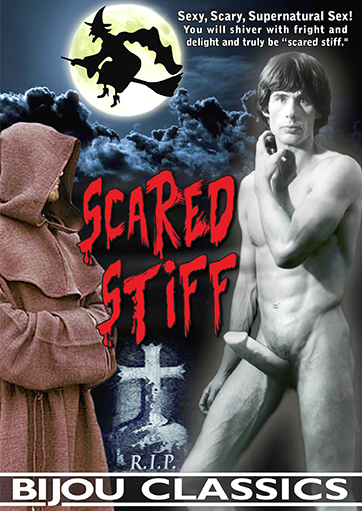
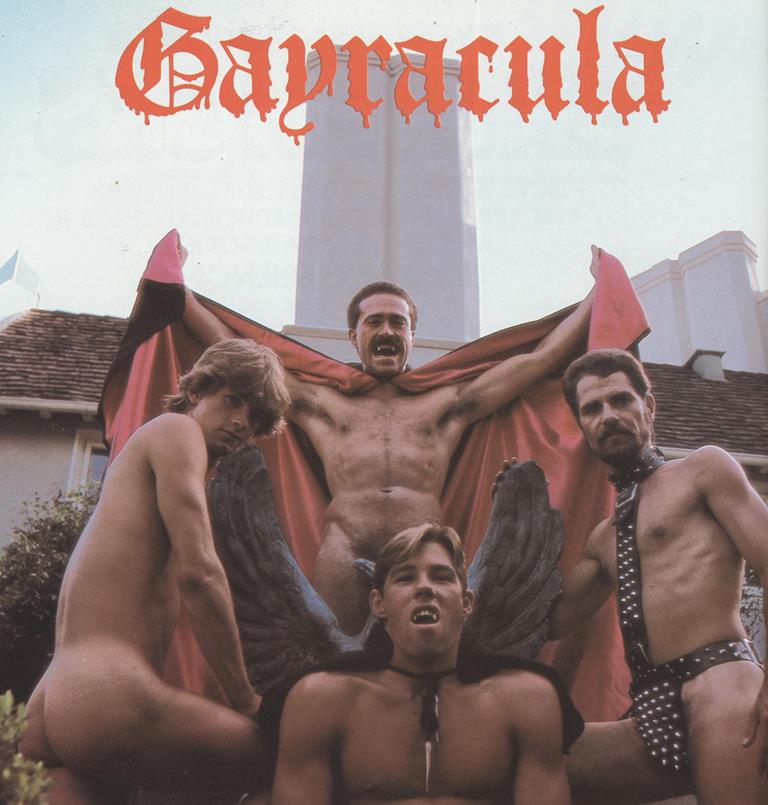
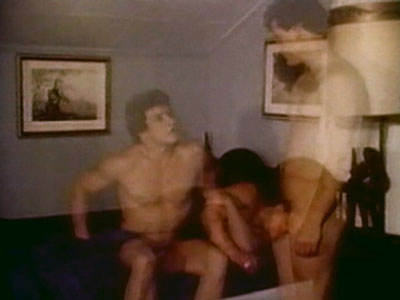
Night of the Occultist, a Jaguar film from 1973 (year of the first Village Hallloween parade!) directed by Kenneth Andrews, is certainly overall quite “trippy,” but the major Halloweeneseque scene in this campy yet also complex film is an ancient Egyptian ritual, a sacrifice to Osiris, the judge of the dead (he serves as the gatekeeper between life, death, and the afterlife), which involves gay sex in an temple.
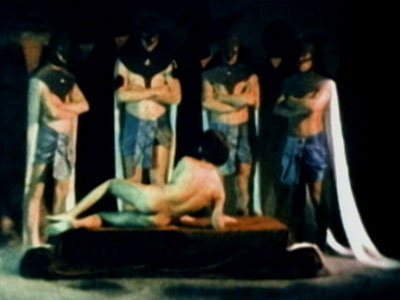
A Ghost of a Chance, also from 1973, features some ghostly sex with a deceased boyfriend, but the overall story is not just about the crossing of the seemingly insurmountable boundary between death and life, but about how sex with multiple partners itself is a way of liberation from imposed boundaries.
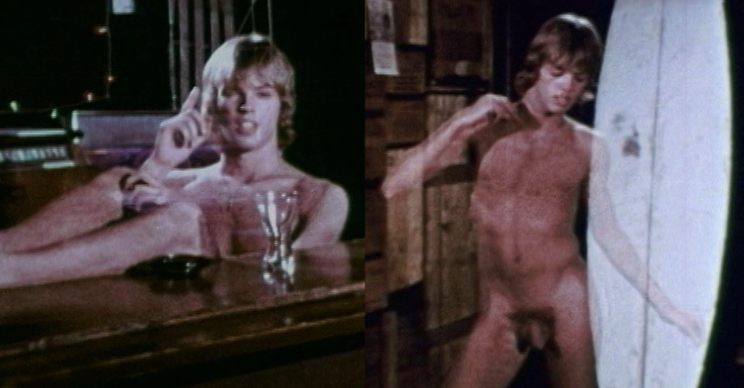
Strictly Forbidden, a Hand in Hand film from 1974 directed by Jack Deveau, reimagines the ancient trope of a statues coming to life as the main character enjoys sexual contact with many in a Parisian museum.
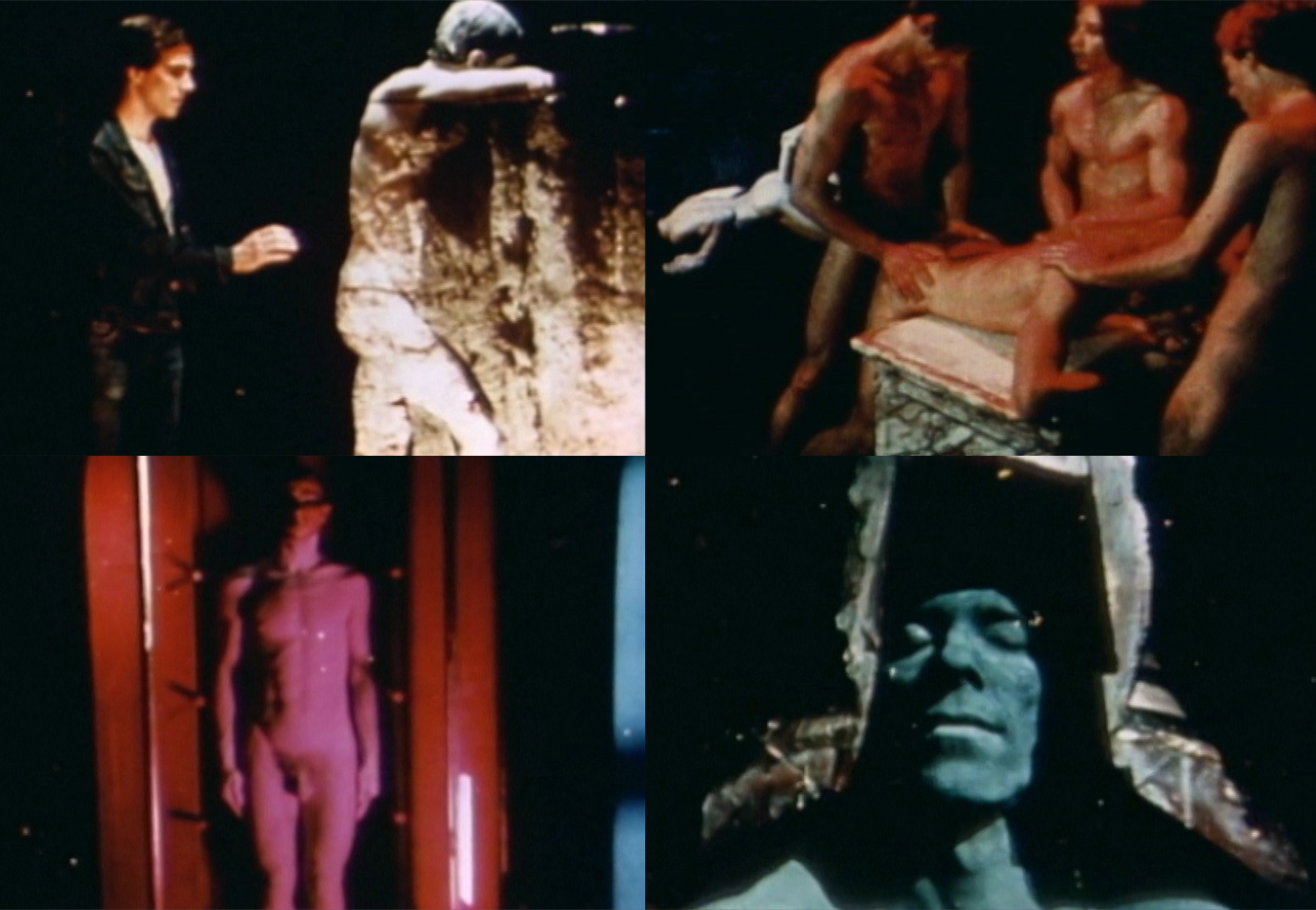
Falconhead, a complex, profound film from 1977 directed by Michael Zen, plays with some archetypal images such as mirrors and falcons as several men undergo rituals of initiation that involve mysterious, ambiguously violent interactions.
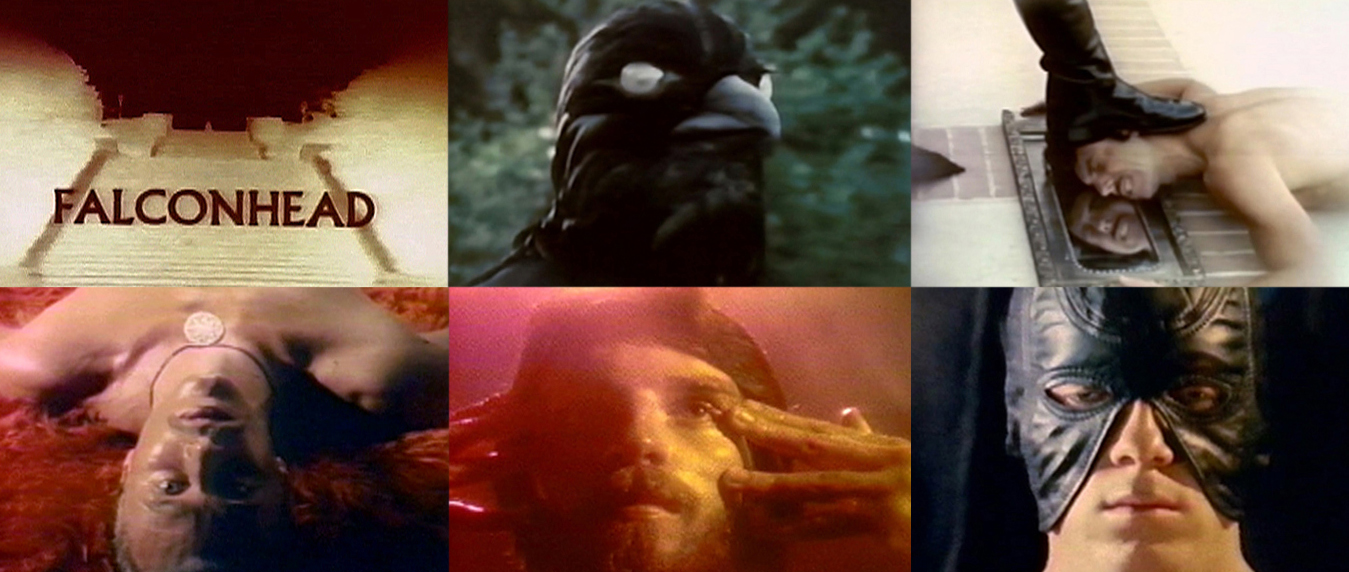
And, perhaps the true depths of the genre occurs in Peter de Rome's The Destroying Angel, which combines religion, psychedelic drugs, sex, and violence in one amazing conflagration as a young priest abandons his vocation and plunges into what is really the depths of himself he had previously repressed.
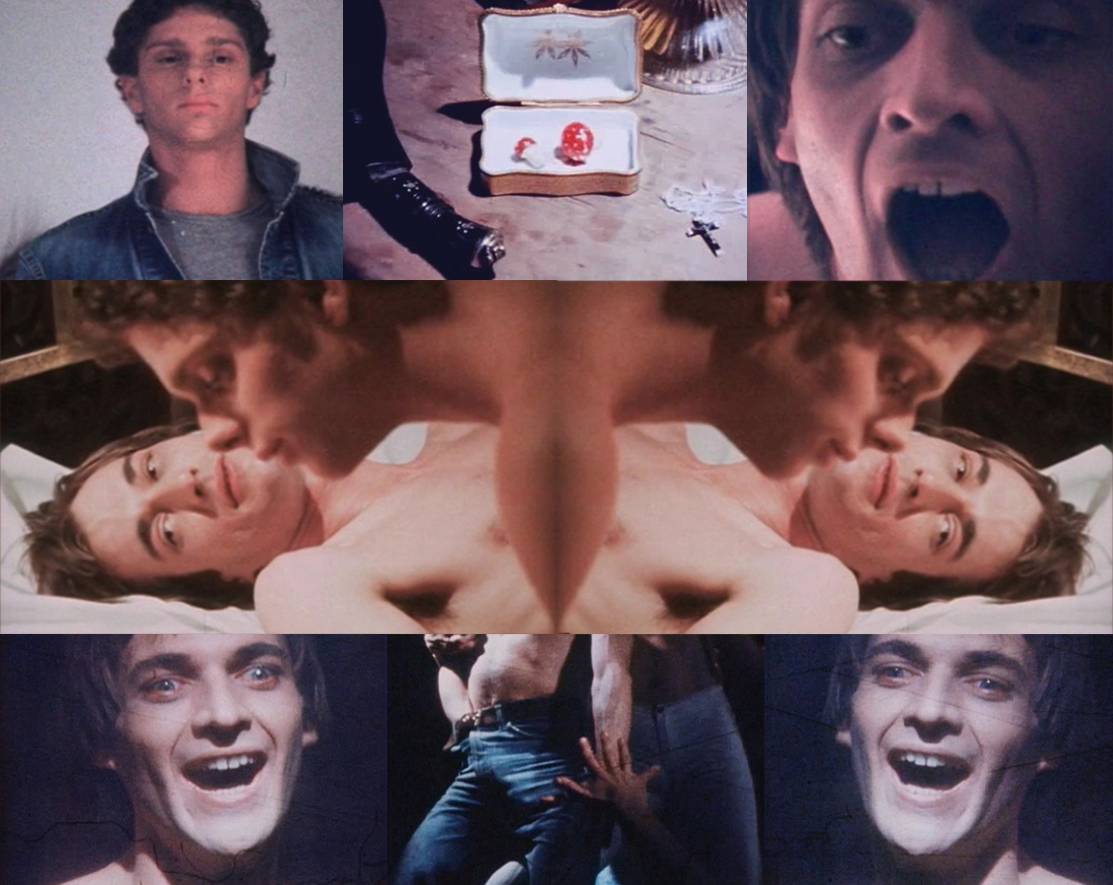
What's interesting and significant about these films is that, yes, they are related to Halloween, but not in the conventionally “spooky,” explicit way.
By wrestling with the endlessly mysterious and fascinating conjunctions between sex, death, religion, and violence, they really end up targeting the deep, primal roots of the holiday, something LGBTQ persons, themselves cultural boundary-crossers, can connect with intimately.
It's a day when boundaries dissipate, masks and costumes make us aware that persons are not all what they seem, and somehow we end up experiencing on various levels death and life becoming one.



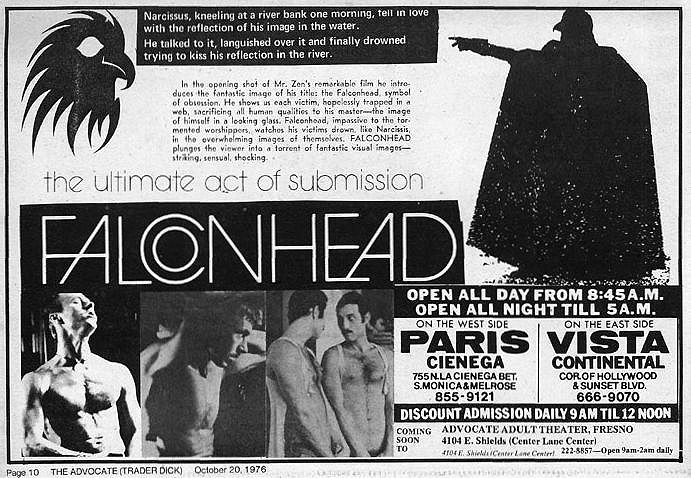
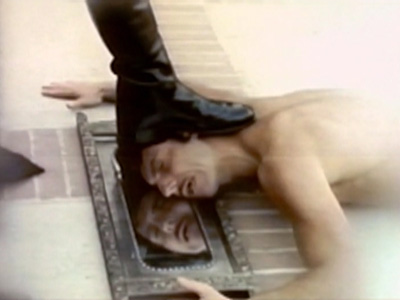

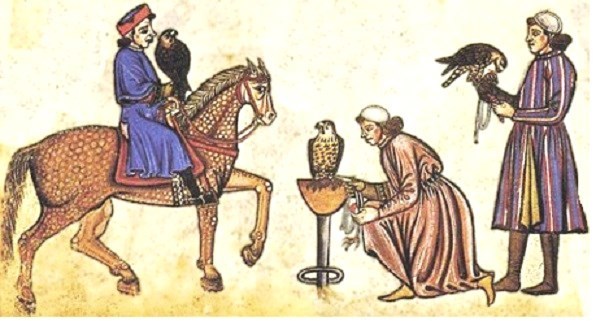
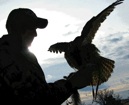
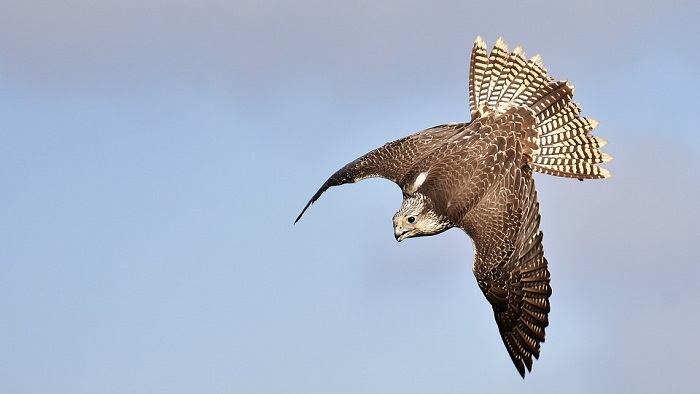
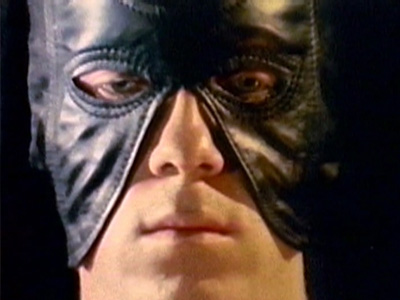
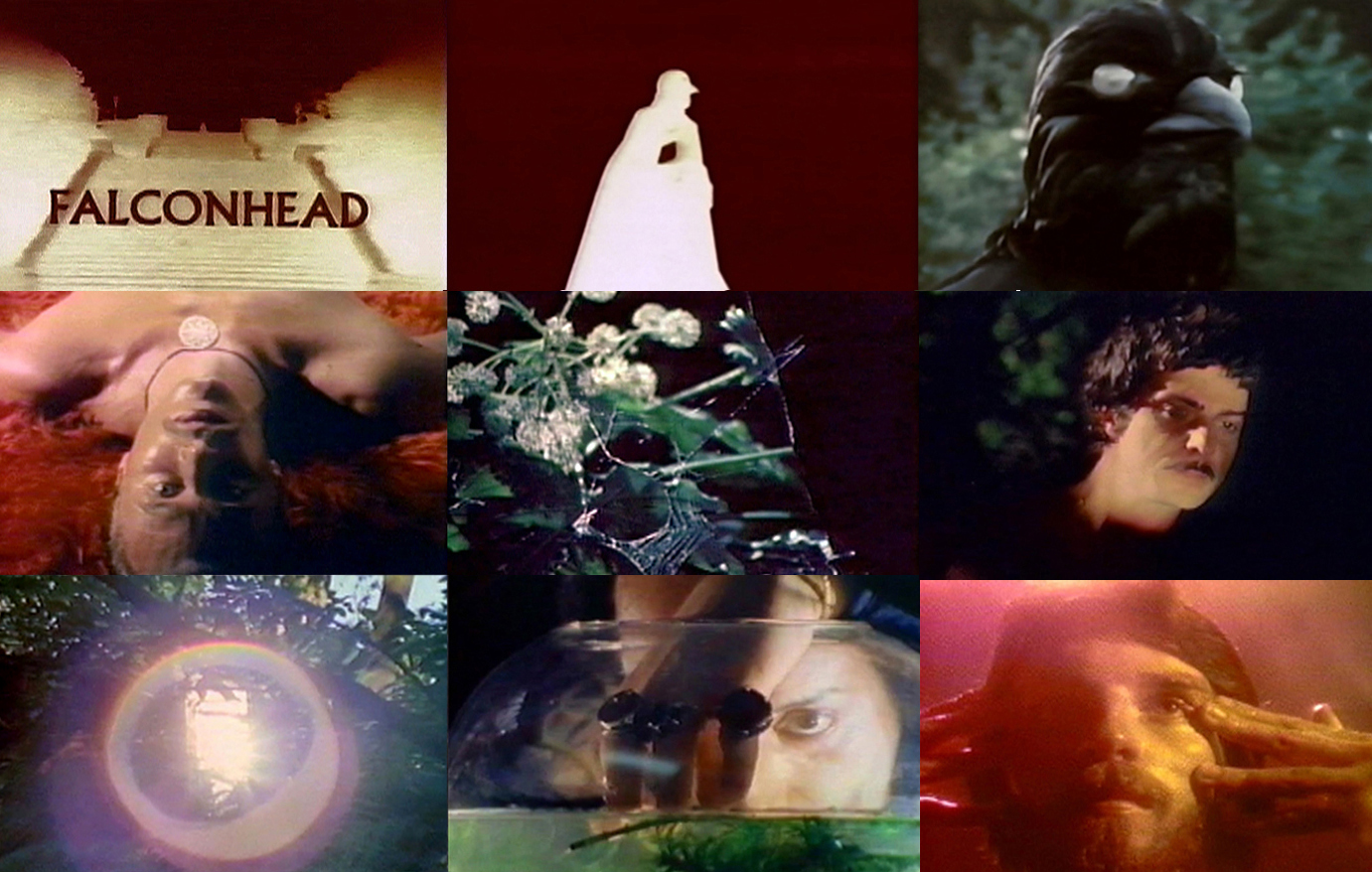
 Join our Email List
Join our Email List Like Us on Facebook
Like Us on Facebook Instagram
Instagram Youtube
Youtube Follow Us on Twitter
Follow Us on Twitter Follow us on Pinterest
Follow us on Pinterest